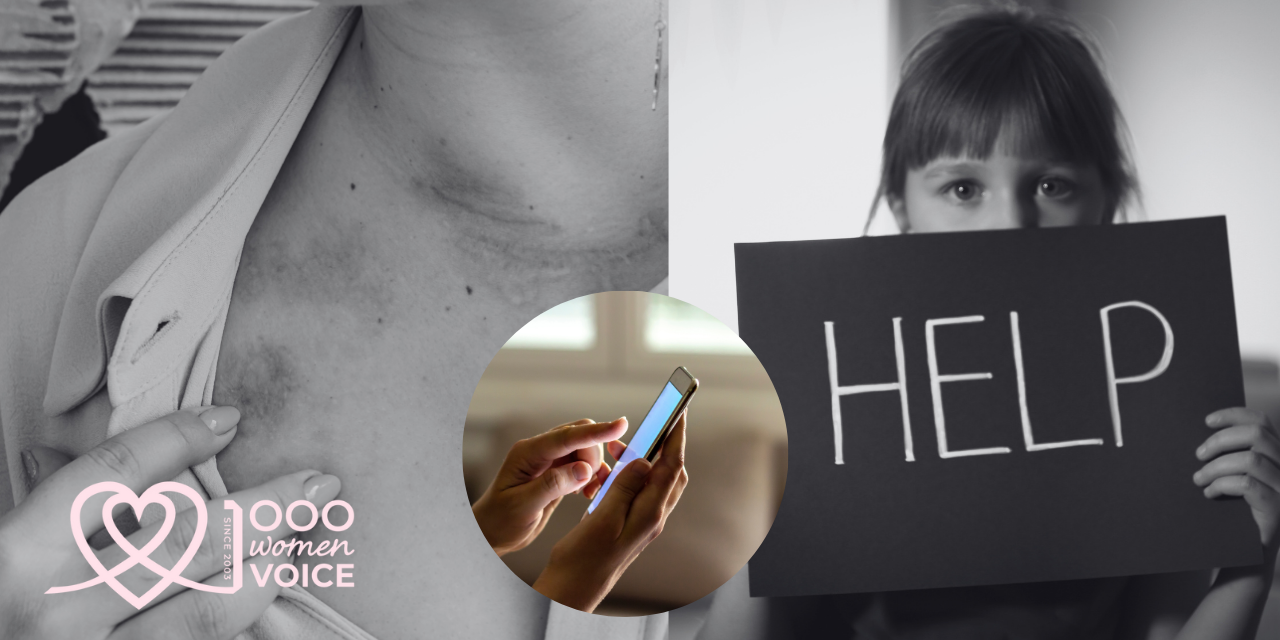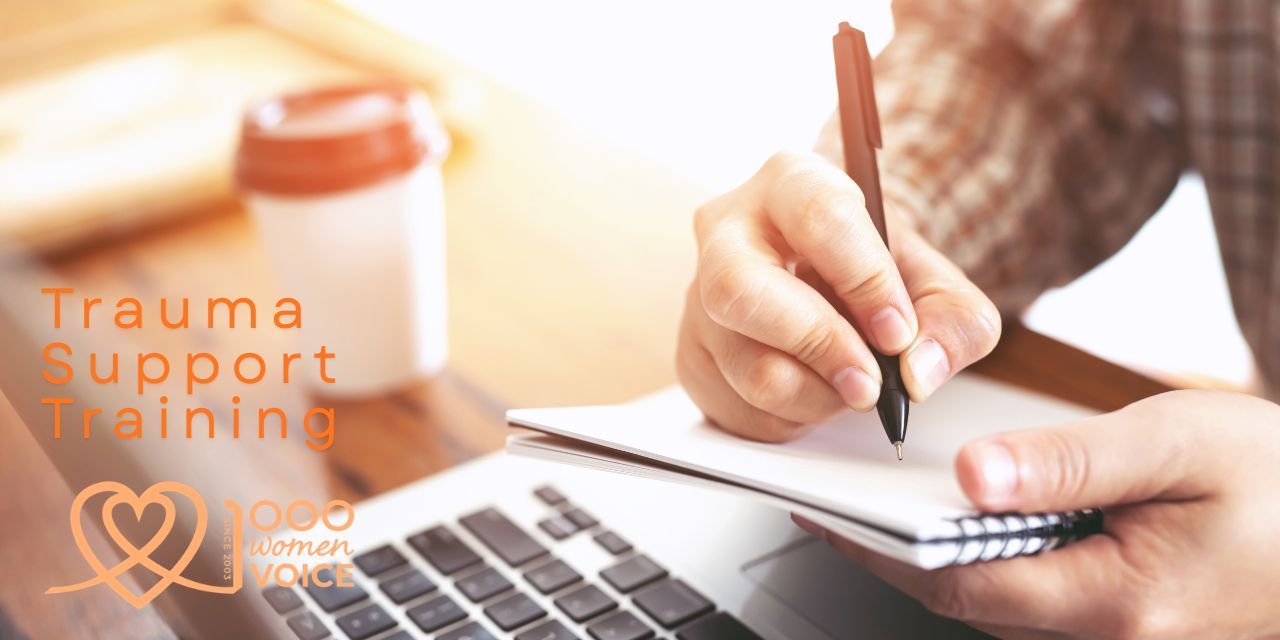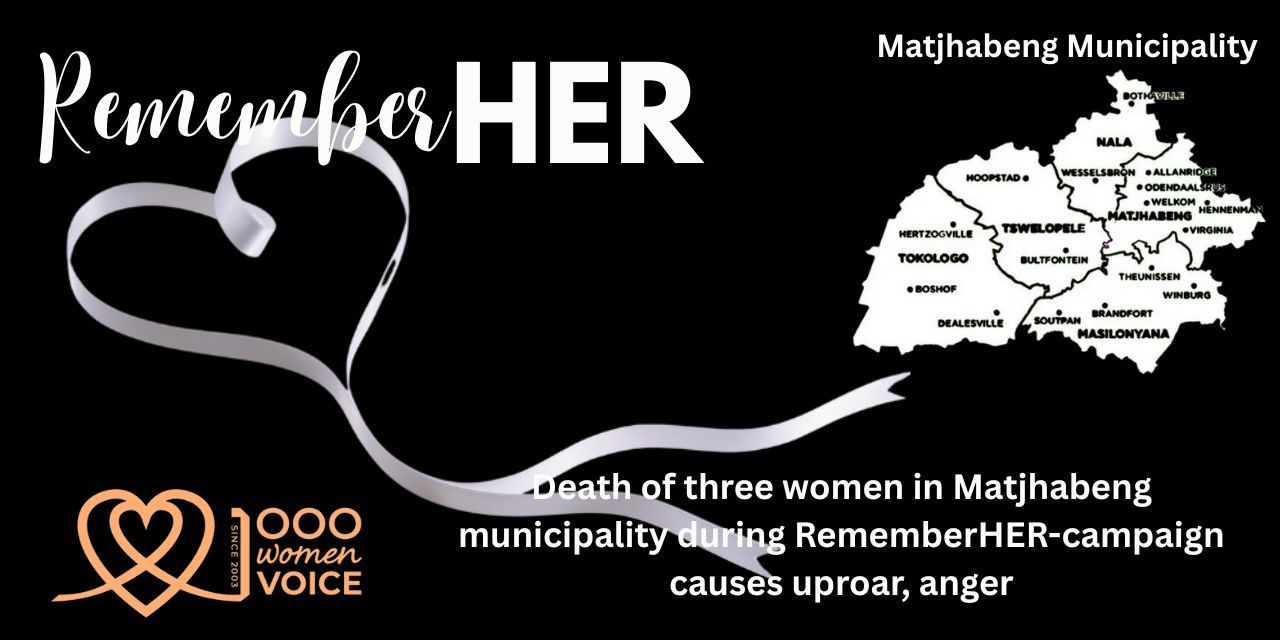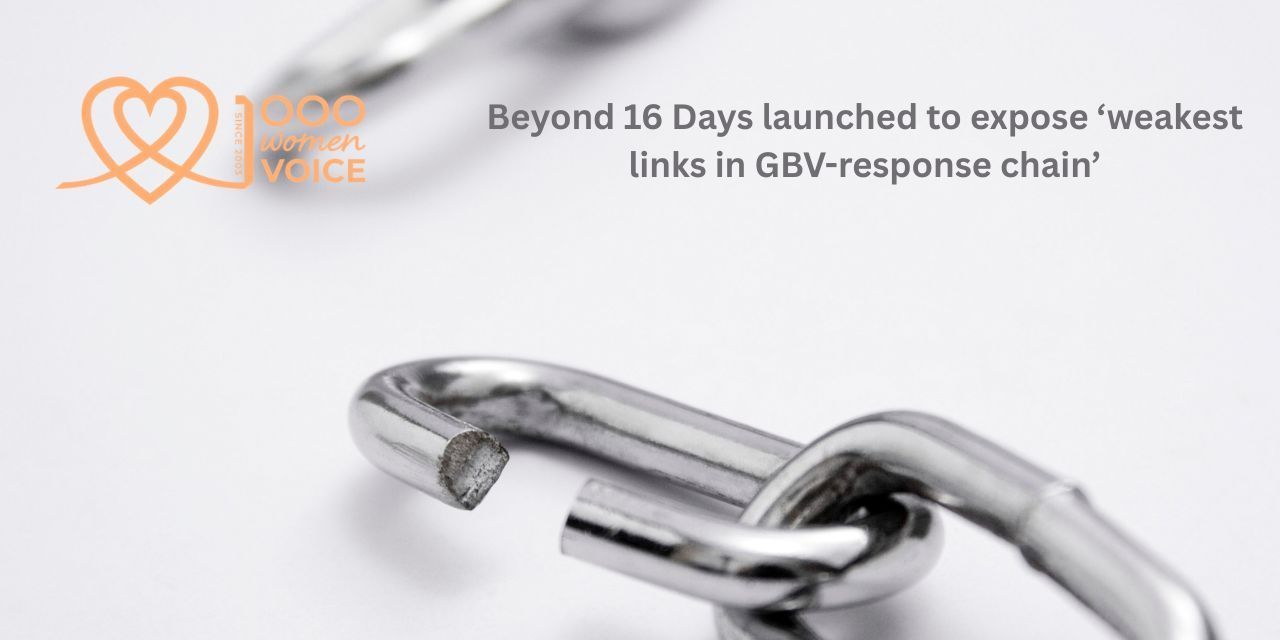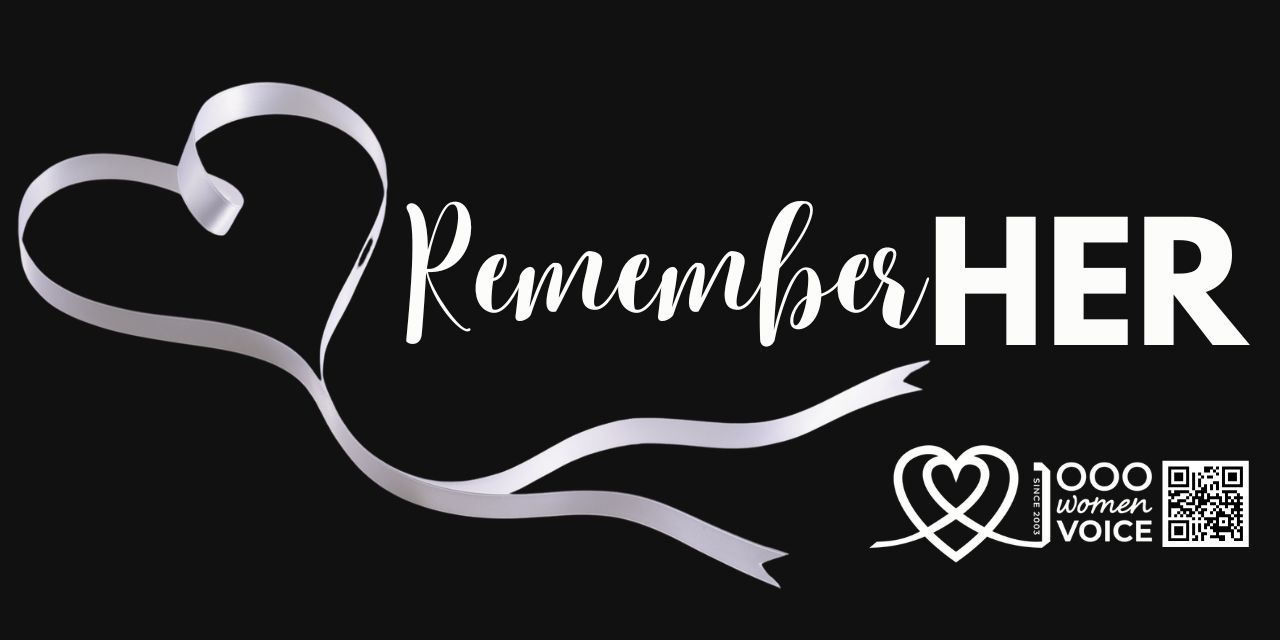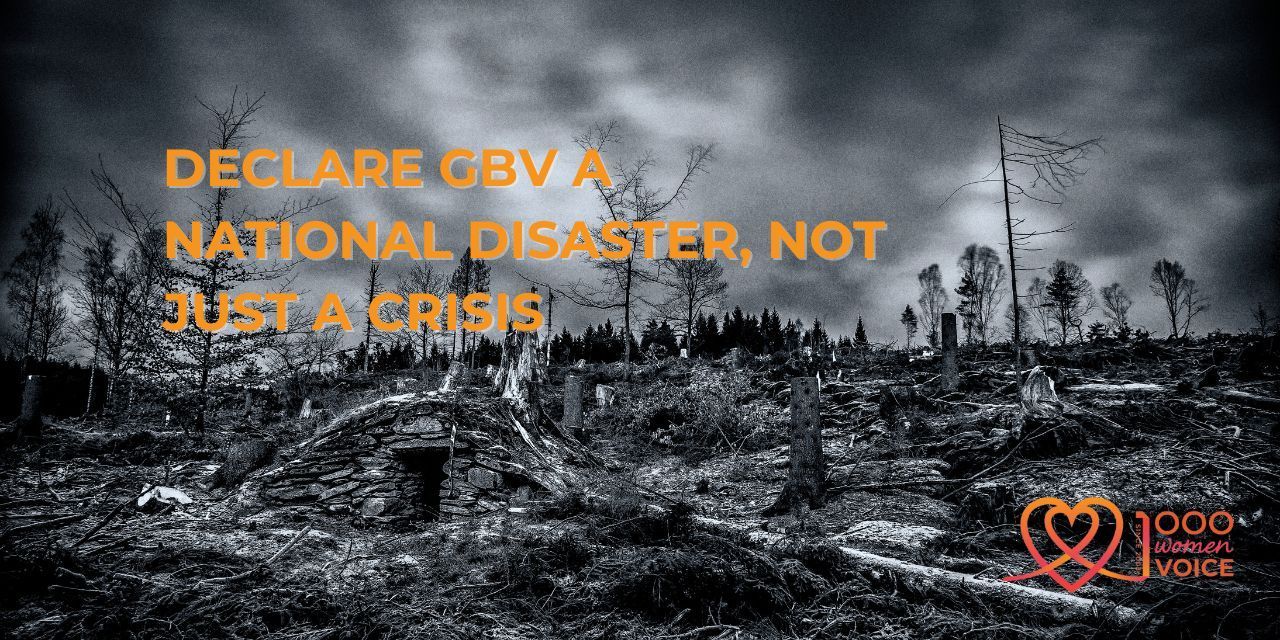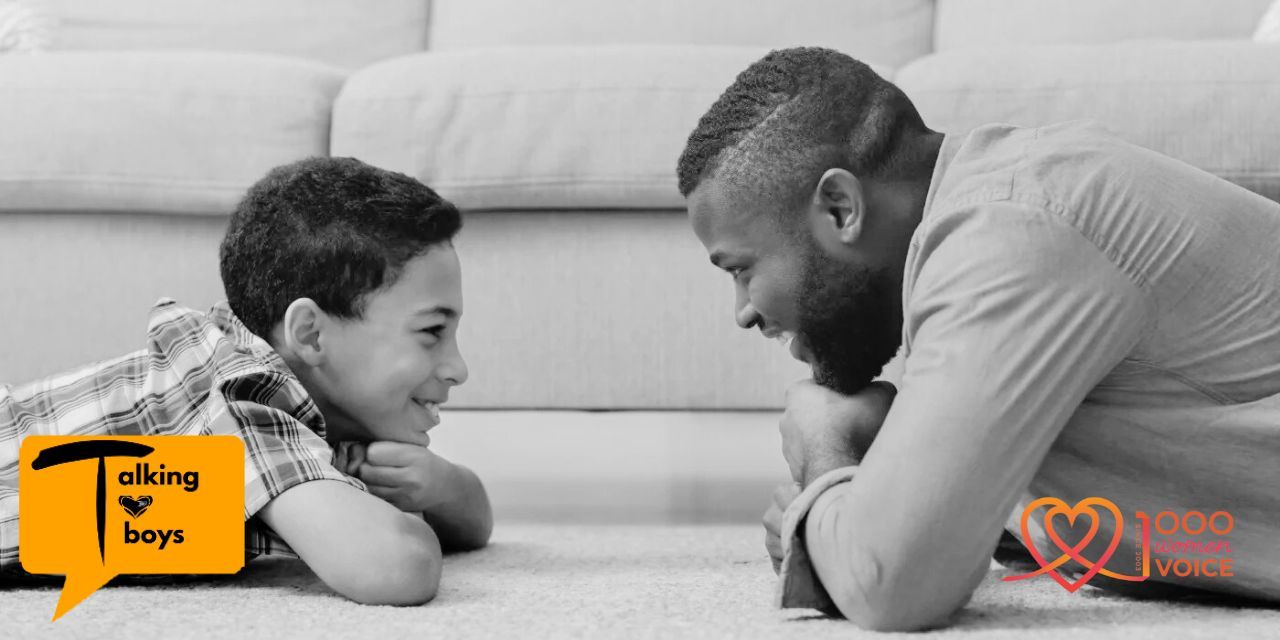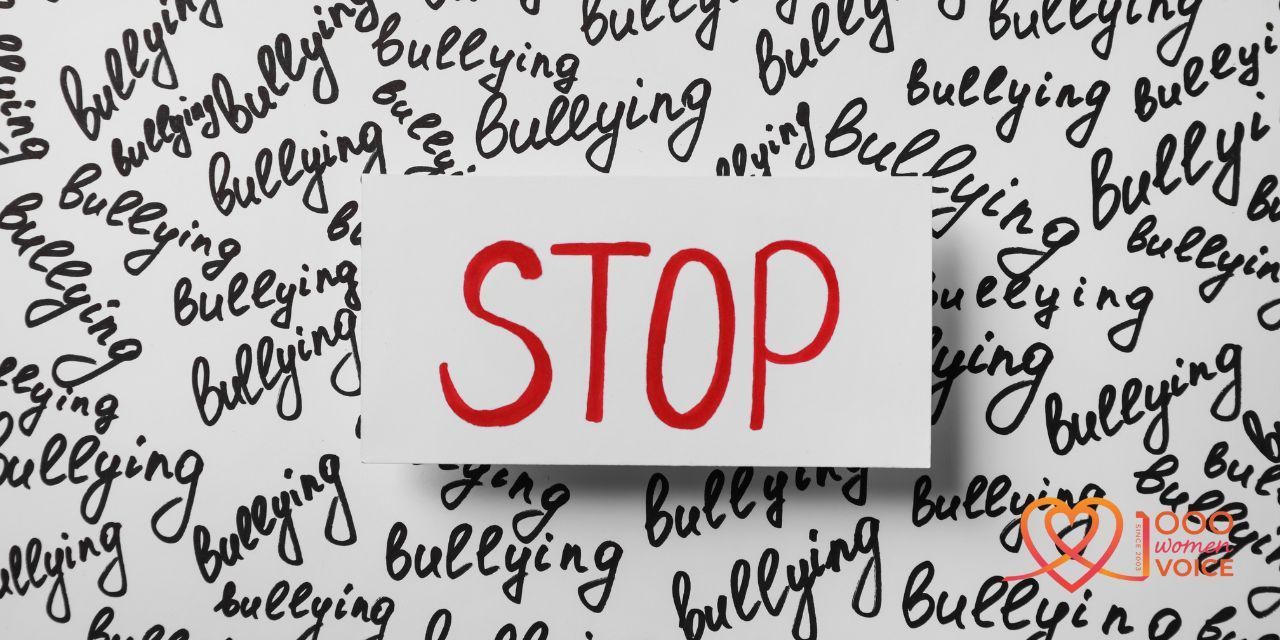Take accountability and be agents of change, says adv Kambula about gender-based violence
South Africans have been encouraged to come together and collaborate against gender-based violence and femicide (GBVF).
Advocate Praise Kambula has called on every individual residing in the country to take accountability and be agents of change.
Kambula was speaking at a webinar on Wednesday hosted by the Government Communication and Information System (GCIS) on localising the implementation of the National Strategic Plan (NSP) to end GBVF, which will strengthen the fight against GBV at local level.
She said accountability starts at an individual level “if we are serious about changing the criminal justice system”.
The webinar was led by the NSP on GBVF Pillar Conveners and Ambassadors of the 100-Day Challenge currently being piloted as a means to fast-track localisation. The 100-Day Challenge will be launched on 12 April 2022. ( www.sanews.gov.za ).
The National Strategic Plan is a government and civil society multi-sectoral strategic framework to realise a South Africa free from gender-based violence and femicide.
It recognises all violence against women (across age, location, disability, sexual orientation, sexual and gender identity, nationality and other diversities), as well as violence against children.
The NSP centres on six pillars, namelyaccountability, coordination and leadership; prevention and rebuilding social cohesion; justice, safety and protection;response, care, support and healing; economic power, and research and information management.
Kambula is a convenor of pillar three: justice, safety and protection, whichsets out to address the systemic challenges that have resulted in an inadequate response to the management of GBVF cases, particularly domestic violence, sexual offences, child homicide, human trafficking, and other related matters.
She said the purpose of this pillar is to open up the criminal justice system and look at all the blockages and issues that exist within the system, which makes the fight ineffective and not have the impact it is expected to have.
“The NSP promotes multisectoral engagements and collaboration towards rooting out this beast from our homes, streets and communities. Pillar 3 ambassadors have already collaborated with social workers and civil society organisation providing psychosocial services. The door is still open for more people to join in and support.”
Kambula emphasised that the focus is on ensuring that the country has a criminal justice that is more responsive and collaborative with communities.
“There can be no success in any place without the participation of eyewitnesses who are in communities and the evidence from the victims. We need them in order to have a successful criminal justice system,” she said.
Kambula bemoaned the age of GBVF perpetrators, which is “getting younger by the day”.
She said while the number of femicide cases has been decreasing, an increase in sex crimes has been recorded, particularly among children.
“In 2020/21, we saw a 22% increase in cases of rape perpetrated by children, and the youngest of those was 10 years old and the oldest was 16 years of age. This is deeply concerning. This has proved that the issues come from the children’s families.
“If we want to beat GBVF we need to come up with interventions that will help us to rehabilitate families. There is no child who is born a criminal, it is a learnt behaviour and we as parents we need to do something,” she said.
During the same period, Kambula said the country experienced a 60% increase in child pregnancy, and the courts registered an alarming increase in sex crimes of 76.3%.
“There is something we need to do as a country to rectify this. The top three charges that were registered in our courts against children were rape, with an increase of 22%; assault with intent to cause grievous bodily harm at a 16% increase, and the third one being murder at an 8% increase, which was the most shocking and disturbing,” Kambula said.
Matsetsebale Tleane, convenor of pillar two: prevention and rebuilding of social cohesion, said this pillar sets out to turn the tide of GBV by focusing on eliminating the social acceptance of all forms of violence against women, children and LGBTQIA+ persons.
“Strategic areas of intervention include achieving strengthened delivery capacity in South Africa to roll out evidence-based prevention programmes, including the development of a comprehensive national prevention strategy.”
Tleane said interventions will further include behaviour change and social norms within key groups as a result of the rollout of prevention interventions. ( www.sanews.gov.za ).
1000 Women Trust launched a national campaign called #MakeTime to encourage parents to pledge time to share values like non-violence, gender equality and respect for women and girls.
The #MakeTime-campaign encourages parents to spend at least 30 minutes per month with their boys – from the age of a toddler until 18 – and to share values with their boys which will address, arrest and change their current value system so that the scourge of gender-based violence can be eradicated and ultimately ended.
1000 Women Trust’s anti-bullying toolkit has been shared with more than 3000 teachers and parents countrywide in order to combat bullying in South African schools.
1000 Women Trust focused on fundraising and creating awareness for domestic and gender-based violence and abuse. The Trust believes that if women have access to knowledge, skills and resources, they will find their own solutions to combat violence against women and girls. The trust is committed to end GBV and femicide in the society by empowering, inspiring, educating and equipping women and girls through various projects, grants and training initiatives
Women who are suffering from any form of gender-based violence, and seek assistance, can contact the national DDS’s gender-based violence command centre on 0800 428 428.
Or they can utilize the Please Call me service on *120*7867#
They can also SMS “Help” to 31351. Another option is to search Helpme GBV on Skype.
Women who want

